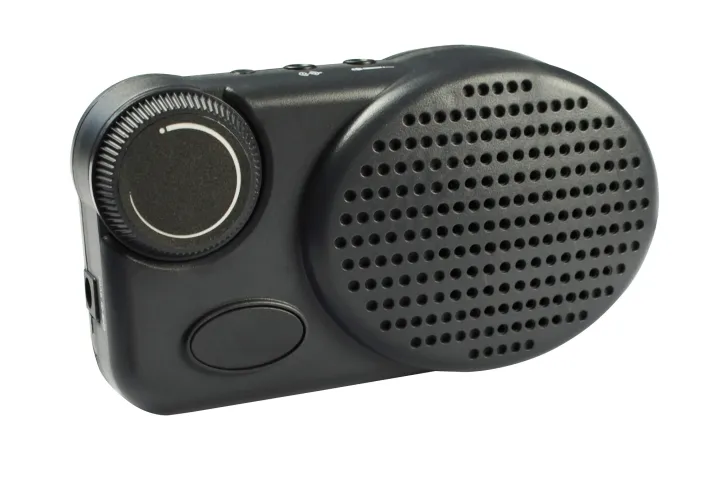When you have a stroke, several functions in your body suddenly stop working as they should, and the symptoms you get depend on what part of your brain is damaged. You might have damage to both the left and right sides of your brain, and you might have neglect, which means difficulty perceiving things to one side of your body. Aphasia (difficulty talking) and damage to the cerebellum and the brain stem are also common effects.
What can daily life after recovering from a Stroke be like?
- You may have numbness or paralysis of the face, arms and legs, usually on one side of your body.
- You might have difficulty talking, reading, writing, counting or difficulty with comprehension.
- You may often become confused.
- You may have visual disturbances in one or both eyes.
- You might often become dizzy and get vertigo.
- Your balance may be worse, and you might have trouble walking.
- You might sometimes have a severe headache without any clear cause.
Stroke is a collective term for brain injury caused by a blood clot or a bleed in the brain. A stroke causes oxygen deprivation in the brain, which in turn causes a sudden loss of various functions such as speech, movement, sensation and vision. It can be life-threatening, so immediate hospital care is required. The symptoms of stroke depend on what part of the brain is affected, though numbness and paralysis of the face, arms and legs is common, usually on one side of the body. You may also become confused, have difficulty speaking and understanding, get visual disturbances in one or both eyes, become dizzy and get vertigo. Symptoms may also include worsened balance and difficulty walking, as well as a severe headache without any clear cause.
Most stroke victims are aged over 65, but it is also possible to have a stroke earlier in life. You are at a greater risk of stroke if, for example, you have high blood pressure, atrial fibrillation, high blood lipid levels, diabetes or if you smoke. Stroke is sometimes also referred to as apoplexy.
What can we do to help you?
Even if you have had a stroke, it is of course important for you to be able to express your needs and wishes, and so retain your independence as an individual. If you have any problems communicating, we at Abilia have many different communications aids. For example, we have communications aids based on speech synthesis for those who are unable to speak at all, voice amplifiers for those with weak speech, and much more. Our aids can help you to feel just as involved as before and to retain contact with the world around you.






